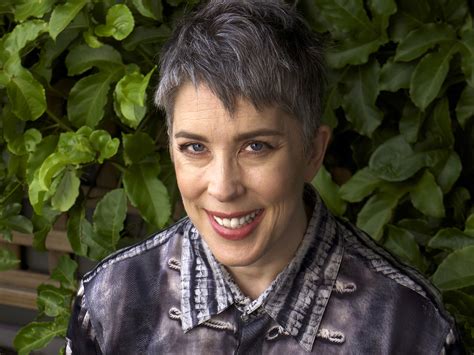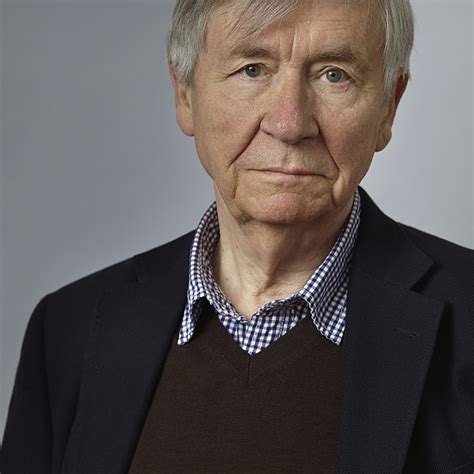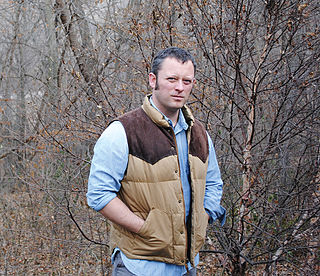A Quote by Justine Larbalestier
I give people 'If You Came Softly' when they demand proof that novels for teens can be as good as the best novels for adults.
Related Quotes
My 'Rot & Ruin' series is a post-apocalyptic adventure for teens. My 'Joe Ledger' novels are science-based action thrillers for adults. My 'Dead of Night' stories are zombie tales for adults; my 'Pine Deep Trilogy' is classic horror for adults, and I've written nonfiction books on topics ranging from martial arts to folklore.
In Pakistan, many of the young people read novels because in the novels, not just my novels but the novels of many other Pakistani writers, they encounter ideas, notions, ways of thinking about the world, thinking about their society that are different. And fiction functions in a countercultural way as it does in America and certainly as it did in the, you know, '60s.


































